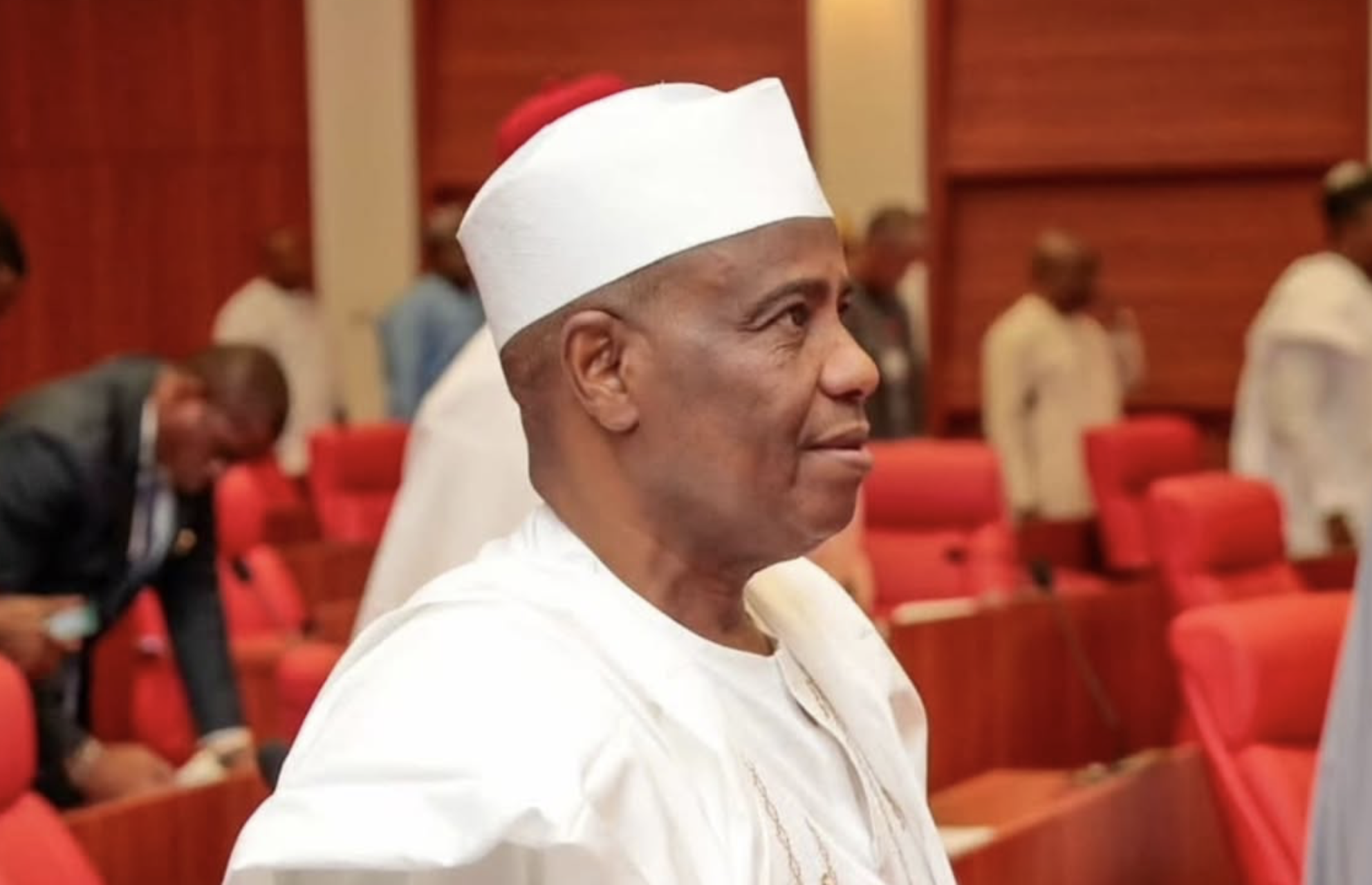The Lagos State government yesterday reaffirmed its commitment to reducing the amount of waste ending up at landfill sites by adopting new strategies such as “Waste to Energy Plants” in the state.
Commissioner for the Environment and Water Resources, Mr. Tokunbo Wahab, announced this at the Lagos Investors Summit 2.0, held at the Eko Hotel and Suites on Victoria Island. He described the plant as an innovative project designed to convert waste into energy by addressing both efficient waste management and energy generation for Lagos State.
While discussing the theme of the summit, “Scaling Action: Bold Solutions for Making a Lagos 21st Century Economy,’ Wahab stated that the Waste to Energy Plant offers a crucial opportunity to increase energy generation capacity by utilising municipal solid waste as a resource.
He explained that the state faces significant waste management challenges, with approximately 80 per cent of landfill capacity nearing the end of its lifespan, 63 per cent of waste being collected formally, and 67 per cent of households resorting to illegal dumping methods.
He stressed that these challenges greatly contribute to flooding issues during extreme weather events by obstructing drainage systems in the state.
According to him, the value proposition of the Waste to Energy Plant anticipates an Internal Rate of Return (IRR) of 12 per cent over a 20-year operating period, supported by electricity pricing and the introduction of a tipping fee.
He said what makes the project unique is its potential for Flood Prevention, Increased Energy Security, revenue generation, and supporting the National Energy Transition Plan.
He added that the project will also remove solid waste from densely populated areas, ensure proper waste disposal, maintain landfills, promote Carbon-Conscious Facility Design, and generate clean energy for up to 2 million Lagosians.
He mentioned that the facility is proposed to be situated in Epe with a projected Capital Expenditure (CAPEX) of around $400 million.
He maintained that Lagos is a state highly exposed to physical climate risks, with the notion that by 2050, most parts of the state will be exposed to extreme heat and more than 65% of residents will be affected by flooding.
He added that climate change-induced extreme weather events have been reported to severely impact critical infrastructure, with more than 1000 education and health centres expected to be disrupted by flooding.
Wahab also said the “Early Warning System for Extreme Weather Events” will address flooding and climate change issues in the state.
“The project will give early warning systems to alert residents about imminent weather events, including flooding, thus enabling timely action.
“The value proposition of the project is that it will be self amortising with strong revenue, growth potential and will easily be scalable to other regions” he said.
He added that the traction of the project would be a Private Sector Design, Build, Finance, and Operate facility with minimal government intervention.
“What makes the idea different includes flood prevention and growing markets for disaster resilience solutions,” he said
He said the Early Warning System for extreme weather events will help with Disaster Management Databank and Risk Protection, which protects life and property from severe flooding and heatwaves.






